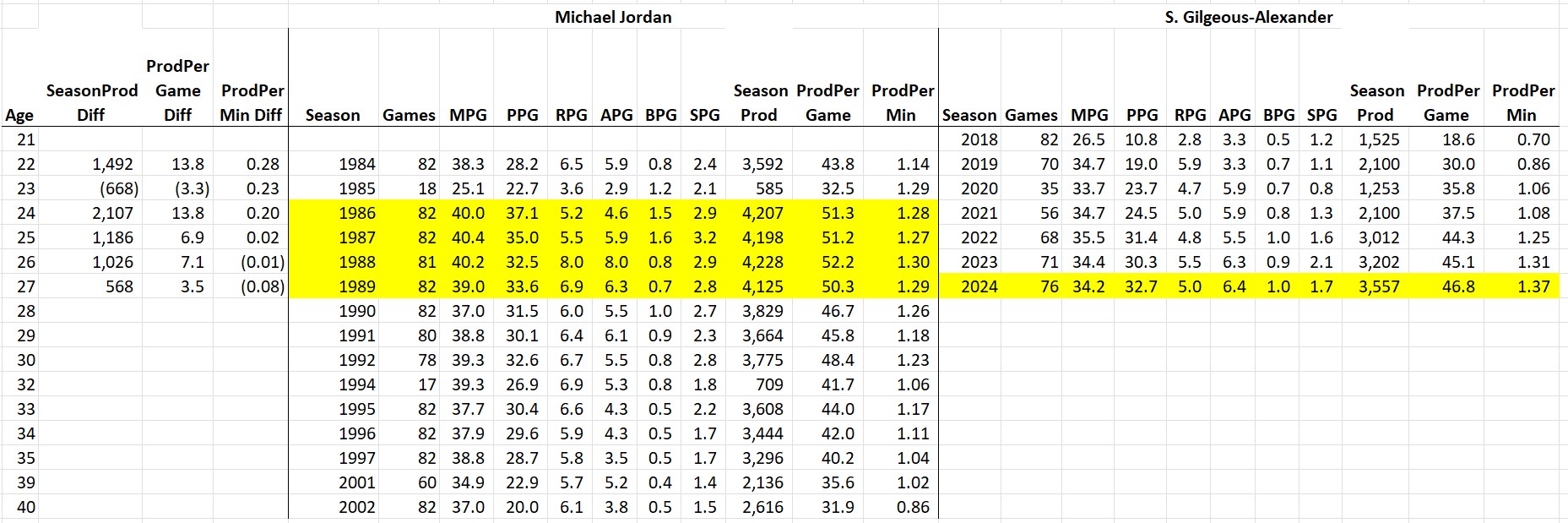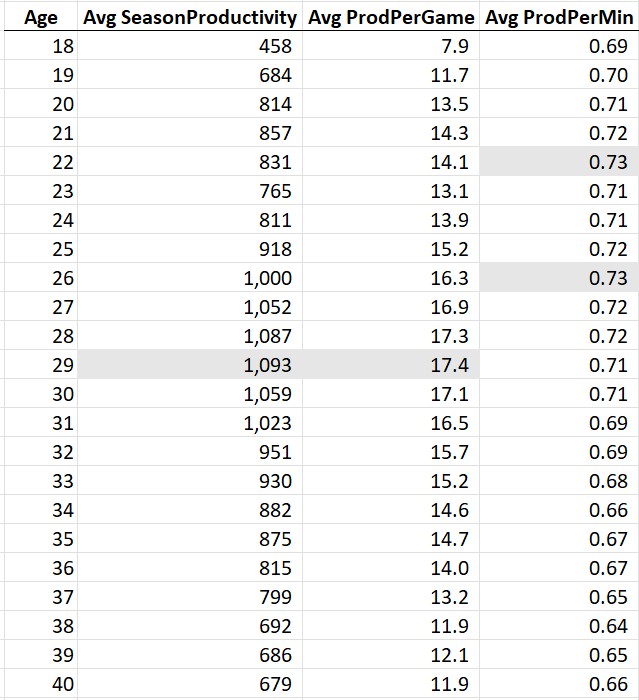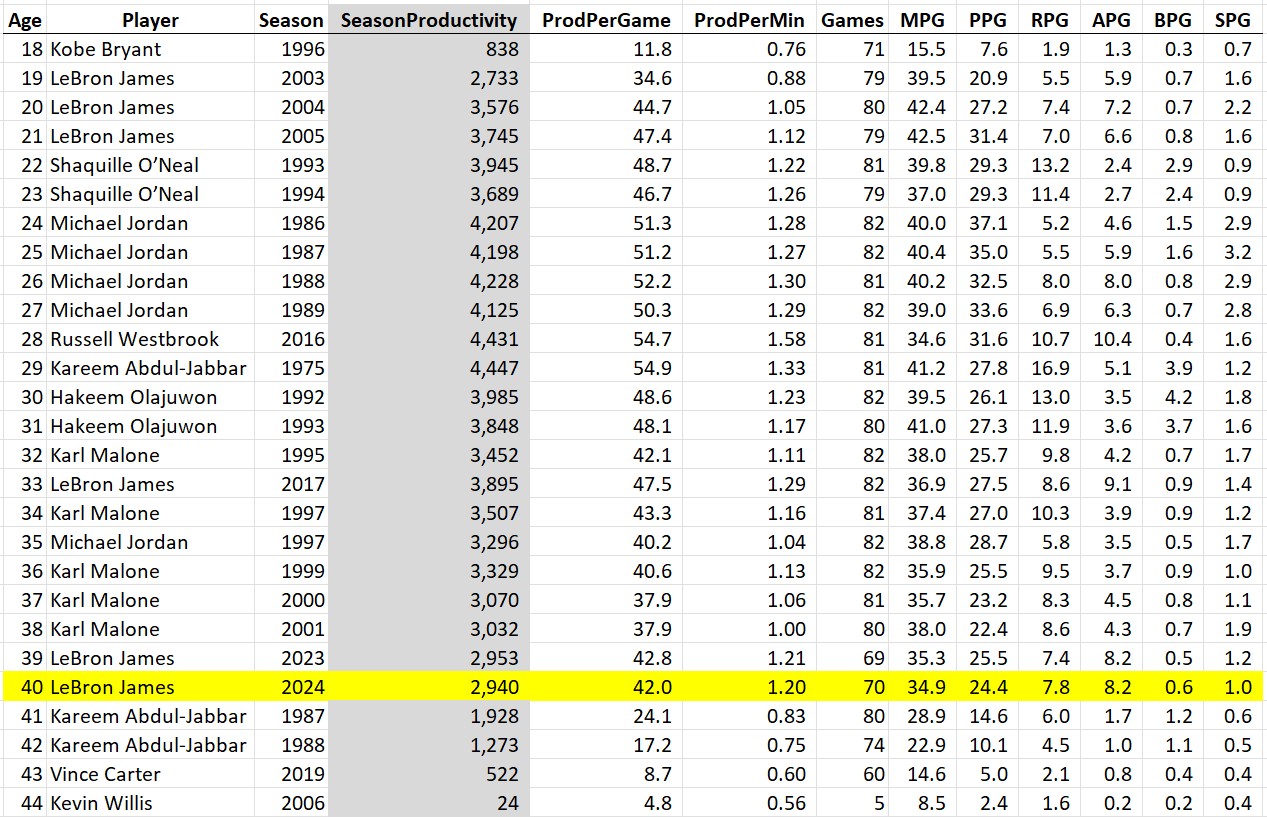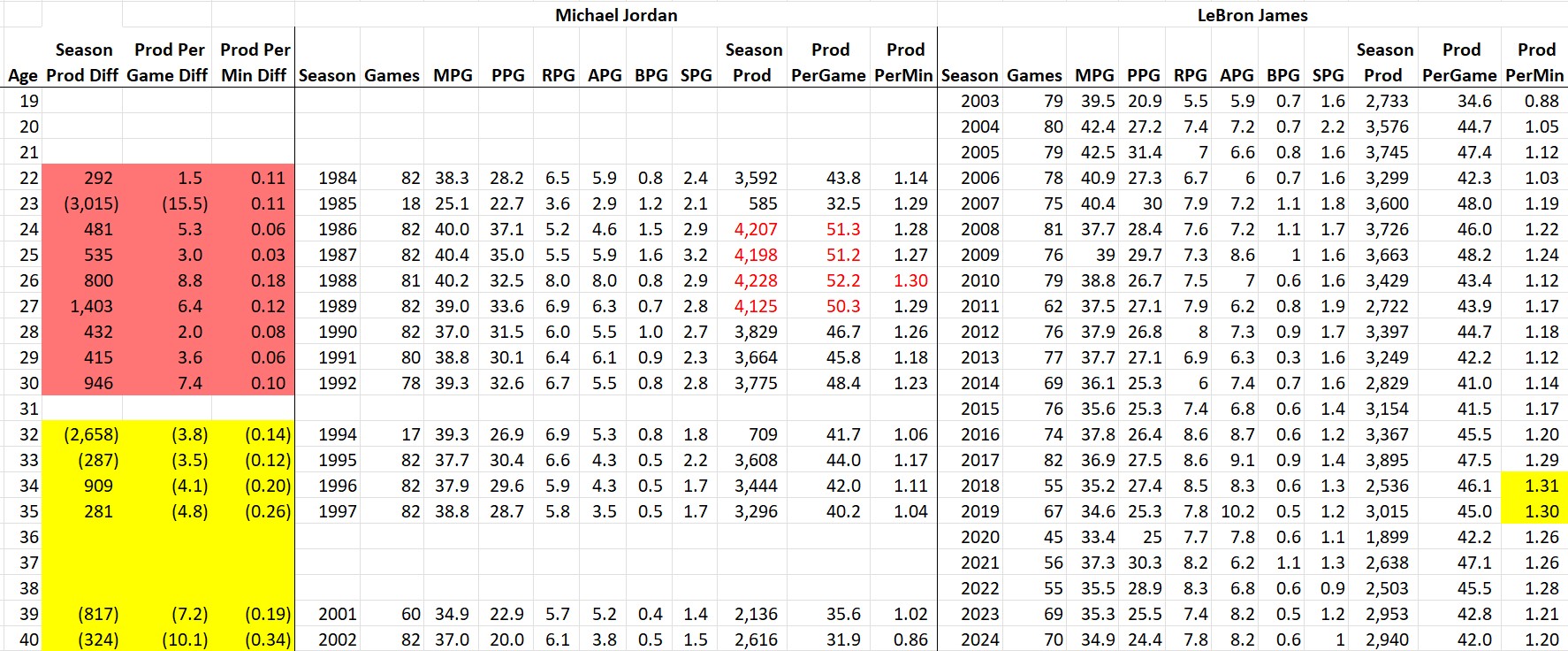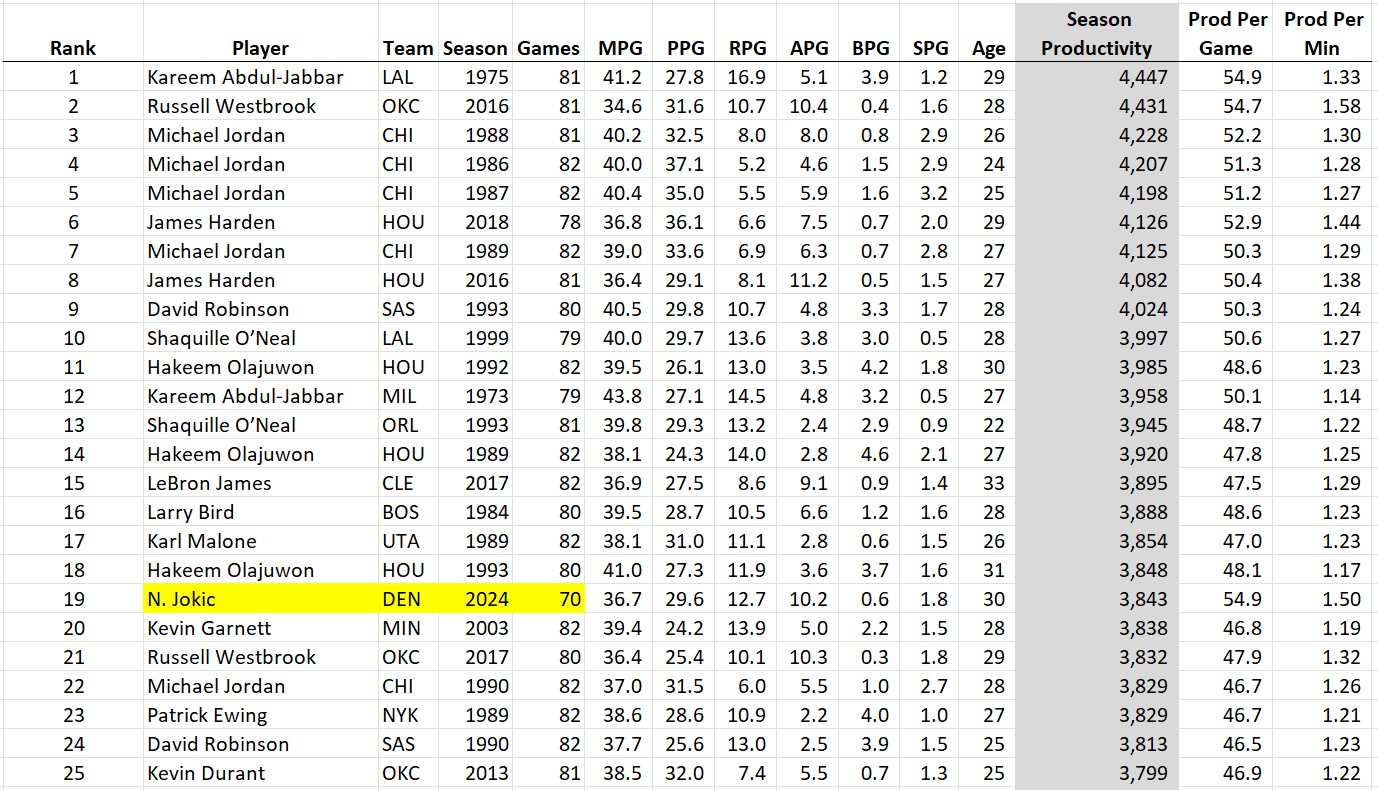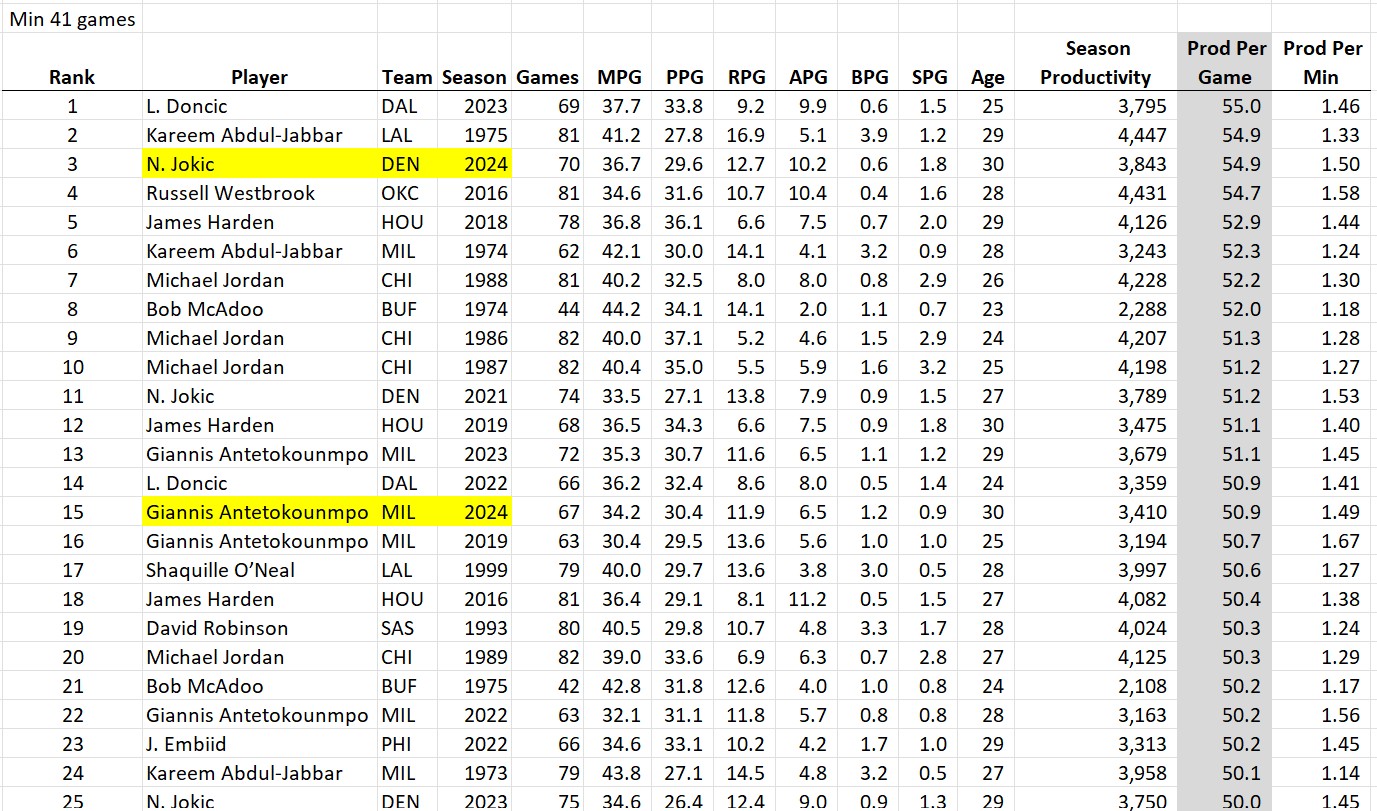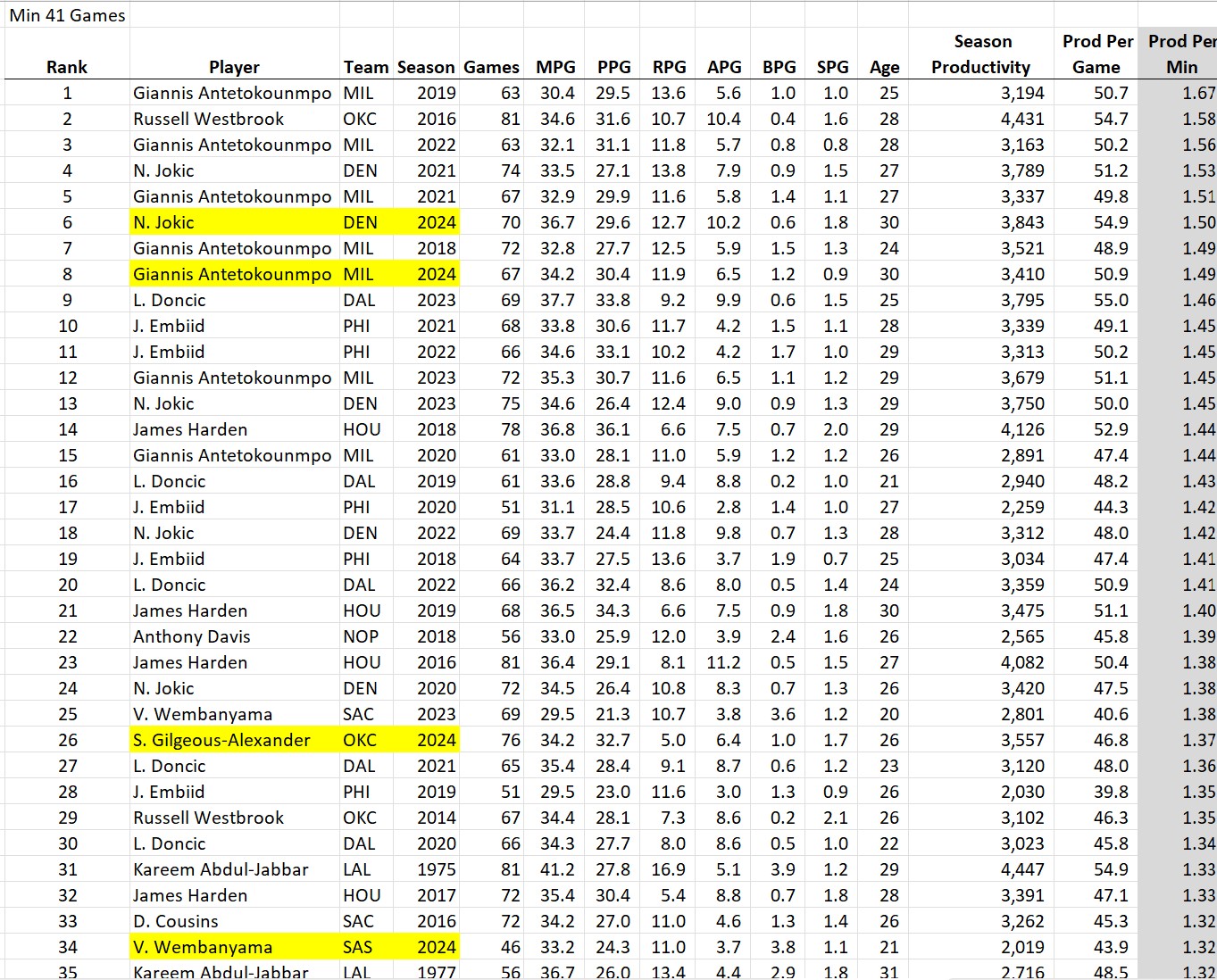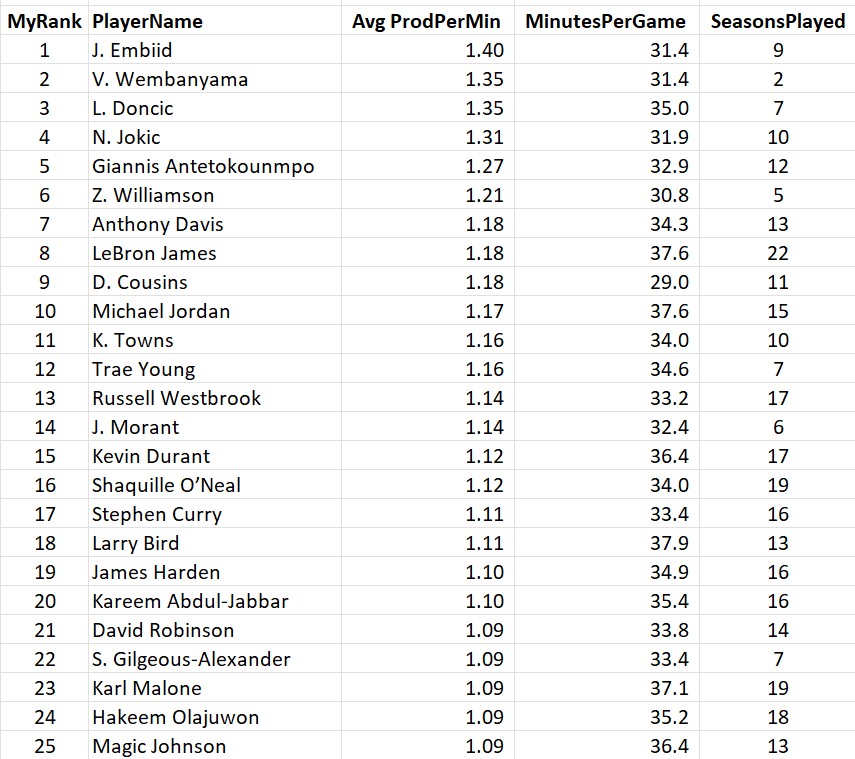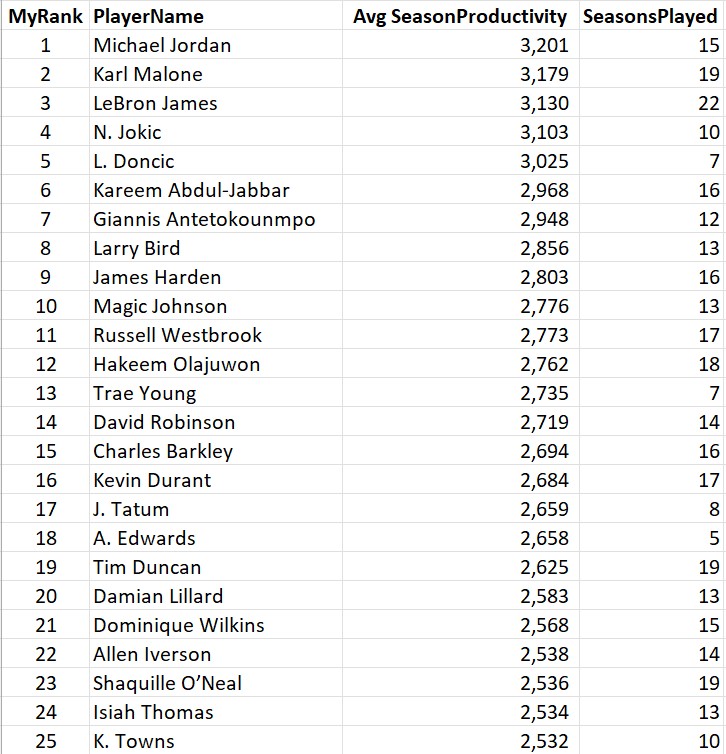The 2024-2025 NBA season can be summarized as the year of a blockbuster trade, a serious setback for a young superstar, and an ageless LeBron. The shocking midseason trade that sent Luka Dončić to the Los Angeles Lakers in exchange for Anthony Davis was much more welcomed by Lakers fans than Dallas fans. Not surprisingly, Dončić quickly adapted to his new team, delivering amazing performances, including a 45-point game against his former team after fighting back tears during a touching pre-game video tribute. Meanwhile, Victor Wembanyama’s promising sophomore season was abruptly halted due to a diagnosis of deep vein thrombosis in his right shoulder. Despite averaging 24.3 points, 11 rebounds, and 3.8 blocks over 46 games, his health setback sidelined him for the remainder of the season and made him ineligible for the defensive player of the year title he was closing in on. And lastly, at 40 years old, LeBron James just had the best season that any 40-year-old ever has, averaging 24.4 points, 8.2 assists, and 7.8 rebounds per game. His latest showing has put the final nail in the “old LeBron > old Jordan” coffin, and since Jordan retired at 40, this is the first time we can compare the full year-by-year statistical histories of the two GOATs.
Before we get to all that, let’s name our MPP (Most Productive Player of the year) and also look at the players with the best stats per game and per minute. As a reminder, when I talk about “productivity”, there are three major metrics that I’ll discuss:
-
- Total Productivity: the sum of a player’s points, rebounds, assists, steals, and blocks in a season. This is my go-to metric because it’s simple, it aligns with what players themselves are trying to accomplish during games, and it correlates best with ESPN’s all-time nba player rankings.
-
- Productivity per Game: the average productivity per game played in a season. Another good way to compare players, but doesn’t factor in season durability and can be inflated by “load management.”
-
- Productivity per Minute: as you might guess, the average productivity per minute played. On the surface, this stat makes a lot of sense since a player can only be productive while playing, however, as we will see later, this isn’t a great statistic to compare players across decades since due to a variety of changes to the game and playing decisions, today’s players dominate the all-time per-minute comparisons to a statistically improbable degree.
Here are the top 10 most productive players of the 2024-25 season:
The most productive per game:
And the most productive per minute:
The takeaways: Jokic is #1 according to the raw stats and gets the MPP for the 2024-25 season (the third of his career). Notice that even Giannis Antetokounmpo ranked higher on two of the three metrics than the likely MVP Shai Gilgeous-Alexander (the Greek Freak came in behind SGA in total productivity due to playing 9 fewer games). Also, how is freaking LeBron James still in the top 10 at the age of 40?
Regarding the MVP Award, the best statistical argument I’ve seen in favor of SGA is this one from Nate Silver. First off, I agree that Shai is almost certainly on his way to the MVP due his team’s success. However, I have a few issues with the article. First, the majority of it is spent comparing SGA to the all-time great guards, even daring to compare his performance this year with His Airness. One thing that probably goes without saying is that in order to win the MVP, SGA doesn’t need to outperform great guards of the past, he needs to outperform Jokic. Silver does show that SGA slightly outperformed Jokic this year in a popular (but opaque) modern-day metric called EPM but doesn’t spend time explaining why that should be the metric of choice (it doesn’t inspire my confidence in it that according to EPM, my 10th most productive player of the year, LeBron James, is ranked at #56 just below Immanuel Quickly; either EPM’s ranking or my ranking is way off).
My bigger beef with Silver’s analysis is this chart showing that Shai’s 2024-25 season compares favorably with Jordan’s MVP years, implying that his per-game stats were better than MJ’s at his best. When I did my age-by-age comparison, not only did 27-year-old Shai (46.8 production per game) not out-perform 27-year-old MJ (50.3) on a per-game basis, SGA’s stellar year also wasn’t better than 26-year-old MJ (52.2), 25-year-old MJ (51.2), or 24-year-old MJ (51.3).
So what’s going on here? Notice the gray-highlighted stats for Jordan’s MVP years below: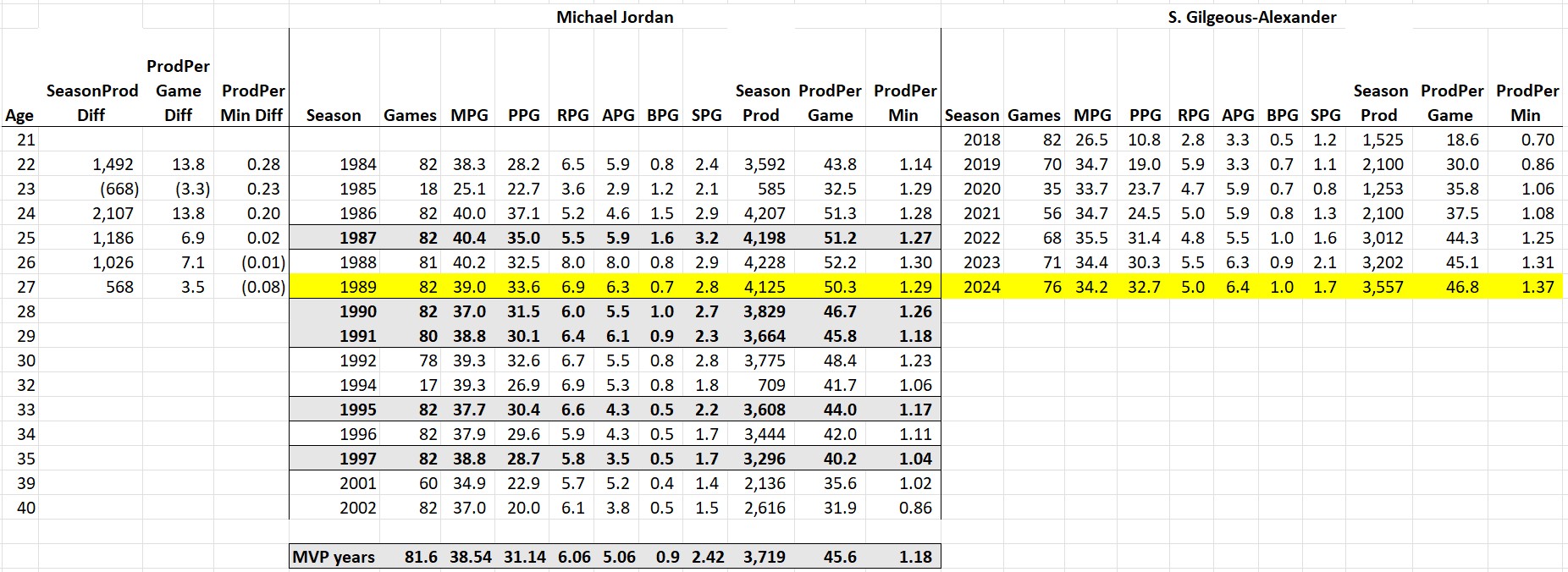
Four of MJ’s five MVP years came when he was older than SGA is now, including one when he was 35. I don’t think Nate Silver was being intentionally misleading (after all, he was arguing that SGA’s stats were sufficient for an MVP, not that he was statistically better than Jordan). But I also don’t approve — the best way to compare players is to control for age. The sad fact is that it’s all downhill statistically once players reach their 30s:
Which brings us to LeBron. He’s dunking on father time. His top-10 season productivity of 2940 mentioned at the beginning of this article is 4.33x as much as the historical average for nba 40-year-olds shown above. And as this past season just replaced Jordan’s final year in the list of best-ever performances by age, the debate about old Jordan vs. old LeBron is officially settled, if it wasn’t already:
Also, looking at Kareem’s 40+ year productivity numbers, it’s clear that if LeBron stays healthy, he will be setting “best ever at age x” records as long as he chooses to play.
Since Jordan’s final season was at age 40, we can for the first time (and last time, I promise) compare his entire career to LeBron’s age vs. age.
As discussed last year, there is a clear pre-baseball (red) / post-baseball (gold) story. LeBron never reached the statistical heights of MJ’s mid-20s (4,000+ season productivity or 50+ per-game productivity). The one exception being that in his mid-30s(!), LeBron did match or surpass MJ’s best per-minute productivity.
So, if you’re like me and consider the GOAT to be the one who most closely approached God-mode omnipotence on the basketball court, MJ is the One. However, if you believe God’s most important feature is immortality, then LeBron is your guy. His consistency is crazy — consider the fact that his per-game statistical output at age 40 is only slightly lower than it was at age 22.
Let’s get back to this year’s stats and put them in historical context. As mentioned earlier, Jokic is my MPP, ending Luka Magic’s two-year win streak. Here are all of the historical MPPs in my dataset: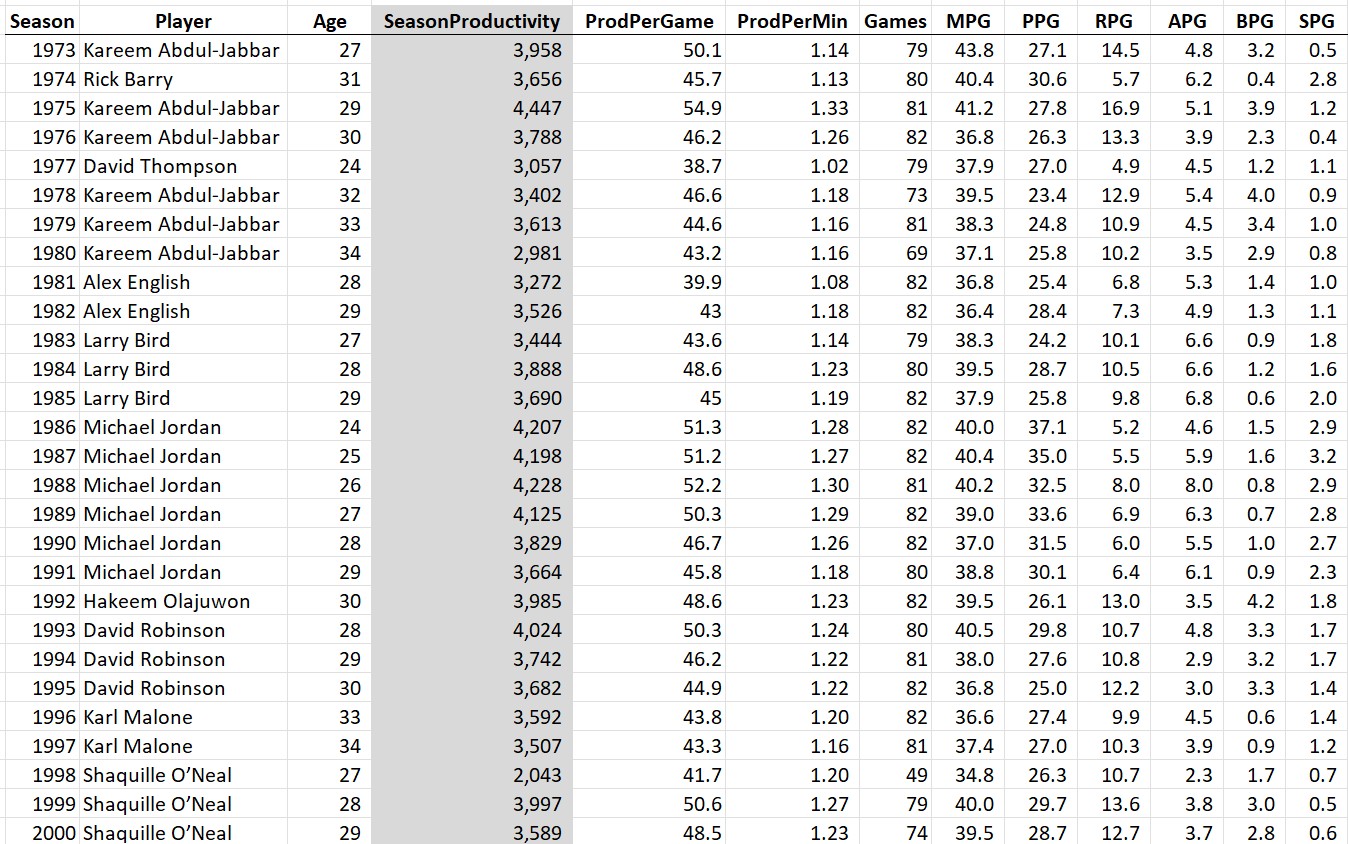
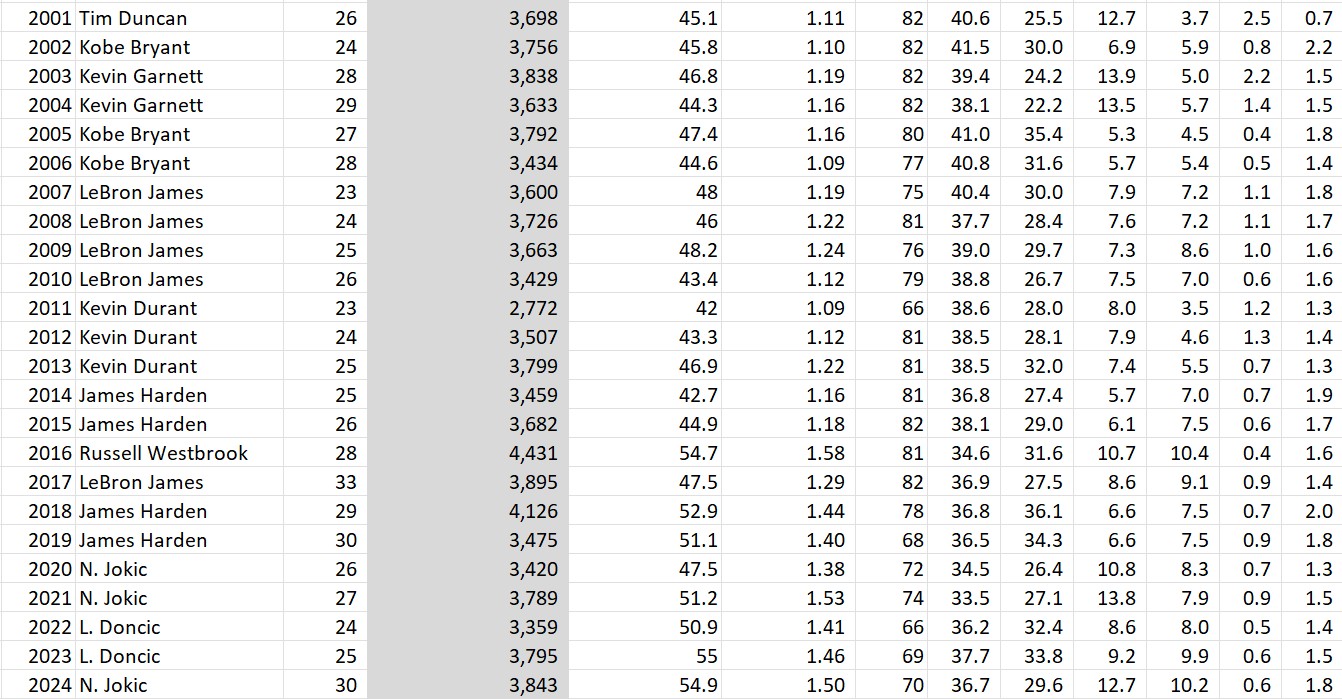
Jokic put up videogame stats this season, so how does it compare to the all-time best seasons?
While ranking 19th might seem low for such an epic season, keep in mind that this stat is “total season productivity” and he only played 70 games. The only one in the top 50 to play fewer games was Luka last year (3795 in 69 games). How about “productivity per game”?
By this metric, Jokic just turned in the 3rd best season in the modern era (honorable mention to Giannis Antetokounmpo who notched the 15th best season on the list). And per minute played?
I extended this list further than the top 25 to show how many of this year’s players posted stats on this all-time list (Luka at 1.31 and Anthony Davis at 1.29 also cracked the top 50). At the time Wemby was taken out of the lineup due to his condition, his per-minute productivity was just a notch below the likely MVP! Something else should strike you about this list: where are all the old-timers? There is something dramatically different about the NBA these days, because there are only two players from before 2014 anywhere in the top 50: Kareem Abdul-Jabbar in the 1970s and Michael Jordan in the 1980s.
In fact, if you look at the top 25 players all-time, in terms of average “per minute productivity”, most of the players are still currently playing (Jordan is the only retired player in the top 10)!
This is a surprising list. Who would’ve guessed that Joel Embiid has the highest productivity per minute in a league with Luka and Jokic? And Wemby is #2, also ahead of both of them?? This really shows the incredible potential of the Alien if he can come back healthy next year. And speaking of staying healthy: Zion is currently ahead of LeBron, just beneath the Greek Freak. Imagine their future impact if Zion and Wemby could somehow inherit LeBron’s durability.
Here’s the current list of all-time highest average productivity per game (and yes, I know it’s not fair to mix old-time players in a list with current players who are unlikely to be able to maintain their productivity until retirement, but it’s fun):
So far, Luka, LeBron, and Embiid are ahead of Jordan-level per-game averages with Wemby and Jokic just behind. Given the fact that MJ had the best-ever final season, it will be tough for them to stay at the top of this list, but keep your eyes on Luka, Embiid, and Wemby, whose best seasons may still be ahead.
One final list for you, the all-time leaders in average productivity per season:
Jordan tops this one thanks to his many 82-game seasons and Malone over-achieves at #2 thanks to his durability and 100,000 free throws (is this the one all-time record LeBron will never be able to capture?). You’ve gotta love this list when the three most common names that enter GOAT discussions are in the top 6 (Jabbar would be higher if I had stats for his entire career) along with the two biggest stars in today’s NBA.
Well, that’s it for now, I hope you enjoyed this year’s statistical wrap-up. Let me know what other numbers I should crunch!
(If you still haven’t had enough of this, I provide ChatGPT’s “Deep Research” on the statistical GOATs of the NBA. (Sorry about the broken image links, not sure what happened there.) Enjoy!)



